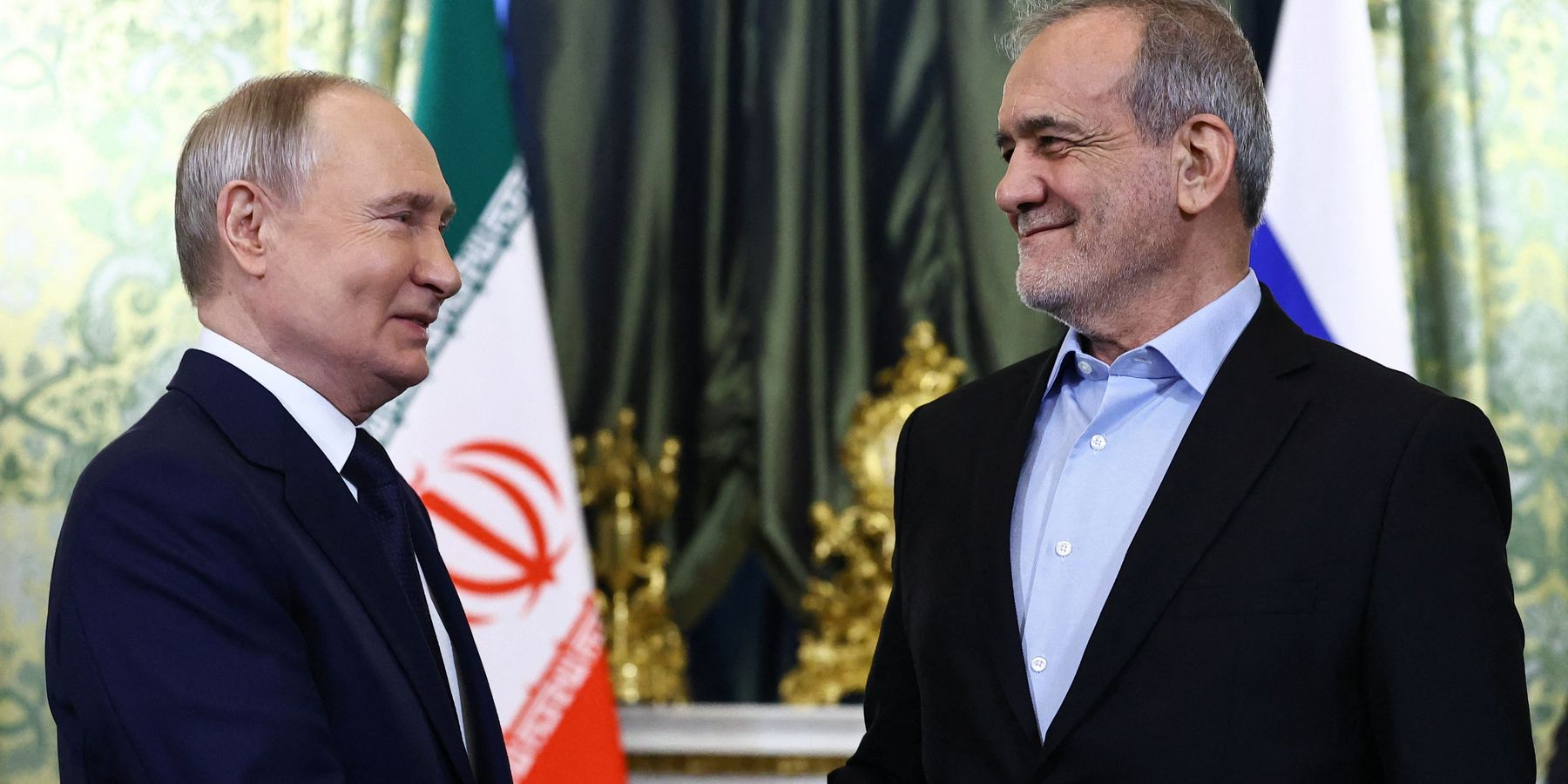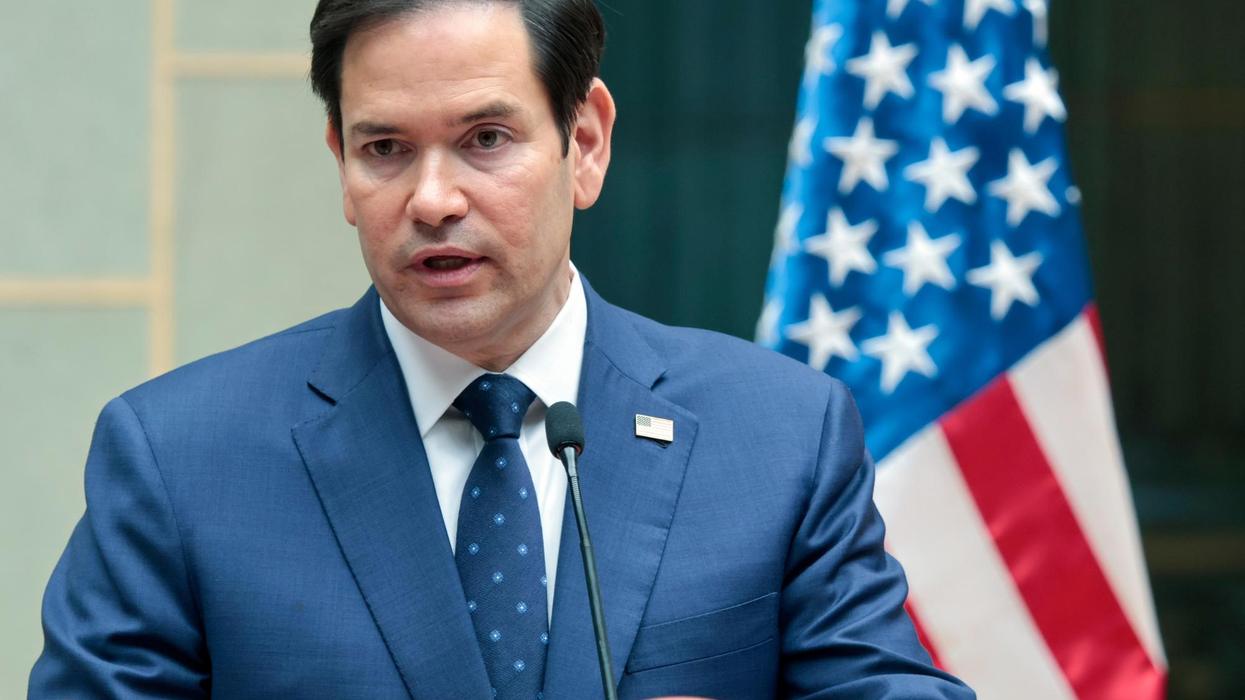The decade from 2015 to 2025 marked a pivotal period in Russo-Iranian relations.
In September 2015, Russia, Iran, Syria, and Iraq established a joint intelligence-sharing network known as RSII (Russia-Syria-Iran-Iraq Joint Intelligence). A few days later, Iran and Russia, who had last fought side by side in the 16th century against the Ottomans, unexpectedly launched a joint military campaign. Their objective was to bolster Bashar al-Assad’s embattled regime in Syria’s civil war.
This collaboration resulted in an unconventional military strategy: Russian airpower dominated the skies, conducting extensive bombing campaigns against Syrian rebels, while Iranian forces advanced on the ground.
Beyond the battlefield, their bilateral ties expanded across multiple domains. Russia finally delivered the long-delayed S-300 missile defense system to Iran in 2016, and Moscow even played a mediating role between Tehran and Riyadh in OPEC negotiations. As a result, Saudi Arabia refrained from conditioning its own oil production cuts on parallel reductions from Iran.
However, despite growing cooperation, tensions remained. Disagreements surfaced over the division of post-war reconstruction contracts in Syria, as both sides vied for a larger share of the economic spoils. Iran also sought advanced weaponry, including Su-35 fighter jets, but Russia repeatedly stalled on finalizing an arms trade.
Still, the relationship continued to strengthen. At this stage, however, Russia maintained the upper hand, its air force played the decisive role in Syria, and Moscow remained the dominant military and economic power.
This balance began to shift in 2022 with Russia’s full-scale invasion of Ukraine. The war drastically altered Russo-Iranian relations. As the conflict dragged on, Russia found itself increasingly isolated, burdened by international sanctions, and militarily unprepared for a prolonged fight. Desperate for military support but constrained by Western-imposed restrictions, Moscow turned to Tehran. Iran, already under heavy sanctions, especially following the U.S. withdrawal from the JCPOA, recognized an opportunity. With little left to lose but much to gain, Tehran quickly positioned itself as Russia’s primary arms supplier, providing drones and other weaponry.
Iran’s support for Russia was not solely driven by financial incentives. More importantly, it reflected Tehran’s strategic ambition to recalibrate the power dynamics in their asymmetric relationship. For decades, Russia had dictated the terms, leveraging its economic and military superiority. By supplying Moscow with critical military assets, Iran sought to gain leverage and establish itself as an indispensable partner. This strategy began to yield results, Russia launched Iran’s Khayyam military satellite, signaling deeper technological cooperation.
Yet, Iran’s newfound influence had clear limits. Russia continued to withhold advanced aircraft, and during Iran’s confrontations with Israel in April and October of 2024, Moscow refrained from offering meaningful support to Tehran. This underscored the constraints of their partnership, while cooperation had deepened, it remained shaped by competing interests and underlying power asymmetries.
Nevertheless, it is clear that Russo-Iranian relations have been shaped by the war in Ukraine and their mutual efforts to preserve Assad’s regime in Syria. Now, the question arises: what will happen to this relationship in the absence of Assad and with the increasing likelihood of a ceasefire or peace deal in Ukraine?
The collapse of Assad’s regime has created a growing vacuum in Russo-Iranian ties. First, their primary joint military endeavor, cooperation in Syria, has come to an end. Second, without a shared threat perception in Syria, the extent of their overlapping interests in the Middle East has diminished. Historically, Iran and Russia have had significant disagreements, particularly over Iran’s hostility toward Israel and its relations with the Arab states of the Persian Gulf.
Additionally, the conclusion of the war in Ukraine would eliminate Iran’s temporary leverage over Russia. Without the war, Iran’s strategic importance to Moscow would decline. Simply put, once Russia no longer needs Iranian drones and military support, there will be little that Tehran can offer to fulfill Russia’s immediate needs. This shift would restore the asymmetry in their relationship, once again placing Russia in a dominant position.
Moreover, it is highly likely that Russia, in an effort to secure a favorable ceasefire or peace deal in Ukraine, and to rebuild relations with the United States, would seek to reduce tensions in other areas of contention with Washington. Among these, Iran appears to be the most expendable for Moscow. With Assad gone and the Ukraine war over, Russia would have fewer strategic reasons to maintain close ties with Tehran, making Iran a likely candidate for diplomatic sidelining.
In addition to pursuing détente with the United States, Russia would have other incentives to distance itself from Iran in a post-Assad and post-Ukraine war era. One of the key factors is its relationship with Israel, a partnership that Moscow has consistently sought to maintain and expand.
Another crucial factor is the shifting geopolitical landscape in the Persian Gulf. As President Trump’s administration revives the “maximum pressure” campaign against Iran, it is likely that Gulf Arab states, including Saudi Arabia and the UAE, would align more closely with the United States against Tehran or, at the very least, feel pressured to do so. In this context, distancing itself from Iran would help Russia preserve its relations with the Arab states without alienating key regional partners.
This shift could present a significant challenge for Iran. As President Trump reinstates the maximum pressure campaign, Tehran would urgently need Russia’s diplomatic backing at the United Nations to block resolutions and veto sanctions. Additionally, Iran would rely on Russian military support to rebuild its severely weakened air defense capabilities. Israeli strikes on Iran’s S-300 systems have already destroyed four out of five batteries, leaving Tehran in critical need of new radar systems, early-warning technology, air defense platforms, and aircraft.
Moreover, Iran would likely look to Russia, at least to some extent, to help maintain its influence in Syria, given that Moscow has thus far managed to keep some of its troops stationed there. However, the future remains uncertain, and these factors would place Tehran under considerable pressure.
That said, the conclusion of the war in Ukraine could also present certain advantages for Iran. If the conflict ends and U.S. sanctions on Russia are lifted, Moscow would regain access to a significant portion of the global energy market. This would ease economic pressure on Russia and reduce its need to sell heavily discounted oil to Asian market, particularly to India and China, where it has directly competed with Iran. As a result, Tehran could potentially reclaim part of its lost market share. However, given the high likelihood of Washington imposing another wave of sanctions on Iran, Tehran may still be forced to offer discounted prices to sustain its energy exports.
Ultimately, just as the Syrian civil war and the war in Ukraine strengthened Russo-Iranian relations, their resolution would introduce new challenges to the partnership.
- Iran's historic interdependence with Russia takes a turn — over Europe ›
- Are US sanctions against Iran & Russia backfiring in dangerous ways? ›
- How Ukraine complicates the 3-way dance between Russia, Israel, and Iran. ›
- Iran struggling for relevance in post-Assad Syria | Responsible Statecraft ›
- Israel’s war testing Russia-Iran ties | Responsible Statecraft ›
















